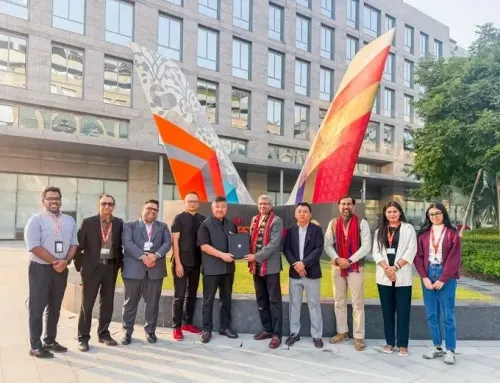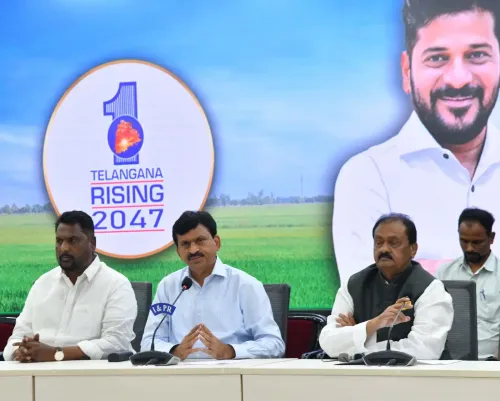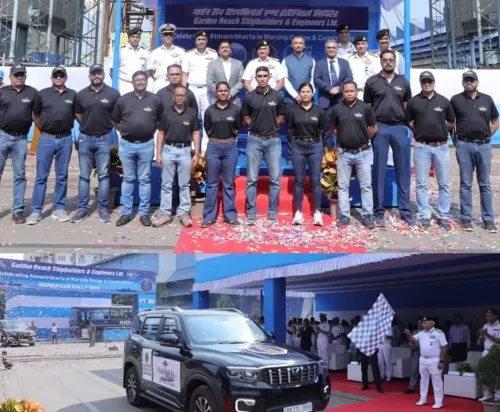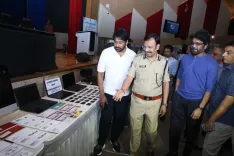Can the Centre Develop a Long-term Strategy to Combat Pollution in Delhi-NCR?
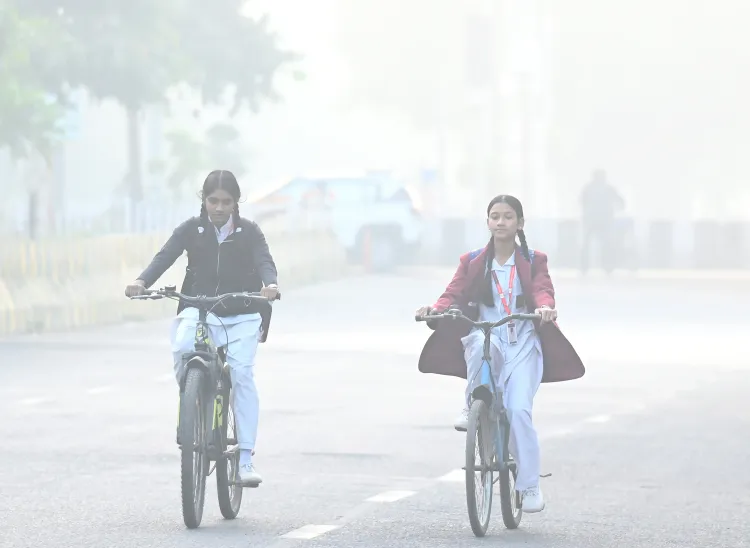
Synopsis
Key Takeaways
- Supreme Court emphasizes need for a long-term pollution strategy.
- The national capital cannot rely on short-term solutions.
- Economic impacts of pollution measures must be considered.
- Calls for emergency measures to address health risks.
- Monitoring of air quality must be efficient and transparent.
New Delhi, Nov 17 (NationPress) The Supreme Court on Monday urged the Centre to formulate a comprehensive plan to address the persistent air pollution issue in the Delhi-NCR region.
A Bench led by Chief Justice of India (CJI) B.R. Gavai instructed the Union Ministry of Environment, Forest and Climate Change (MoEF&CC) and the Delhi government to submit a thorough proposal. The court emphasized that the national capital cannot keep depending on temporary measures every winter.
“Suggestions must extend beyond two days, one week, or three weeks. We need a long-term solution that enables gradual improvement each year,” the Bench, including Justices K. Vinod Chandran and N.V. Anjaria, explained to Additional Solicitor General (ASG) Aishwarya Bhati.
During the proceedings, the apex court stated it was not inclined to enforce “drastic or hasty measures” like an all-year construction ban, as such actions would significantly impact livelihoods.
“We lack the expertise to determine which activities should cease entirely. A substantial portion of the population relies on these activities. We cannot focus on just one aspect,” remarked the CJI Gavai-led Bench.
Senior advocate Gopal Sankaranarayanan, representing the intervenors, implored the Supreme Court to implement immediate measures, asserting: “Three out of ten fatalities in Delhi are linked to air pollution. A PM2.5 particle entering my child’s lungs will never leave. This demands stringent actions.”
Sankaranarayanan highlighted the necessity to activate the GRAP at significantly lower AQI levels and to enforce restrictions on construction.
Nonetheless, the CJI Gavai-led Bench reiterated that a complete shutdown would result in “a total halt” for the city.
“Then even the courts would have to cease operations,” the apex court noted, adding that it would not issue “bold directives” without solutions supported by experts.
Scheduling the next hearing for November 19, the Supreme Court also requested an affidavit from the Delhi government regarding the nature and efficacy of AQI monitoring equipment, in light of media reports about water sprinkling near monitoring stations.
“Please have it ready by the day after tomorrow,” the CJI Gavai-led Bench ordered.

